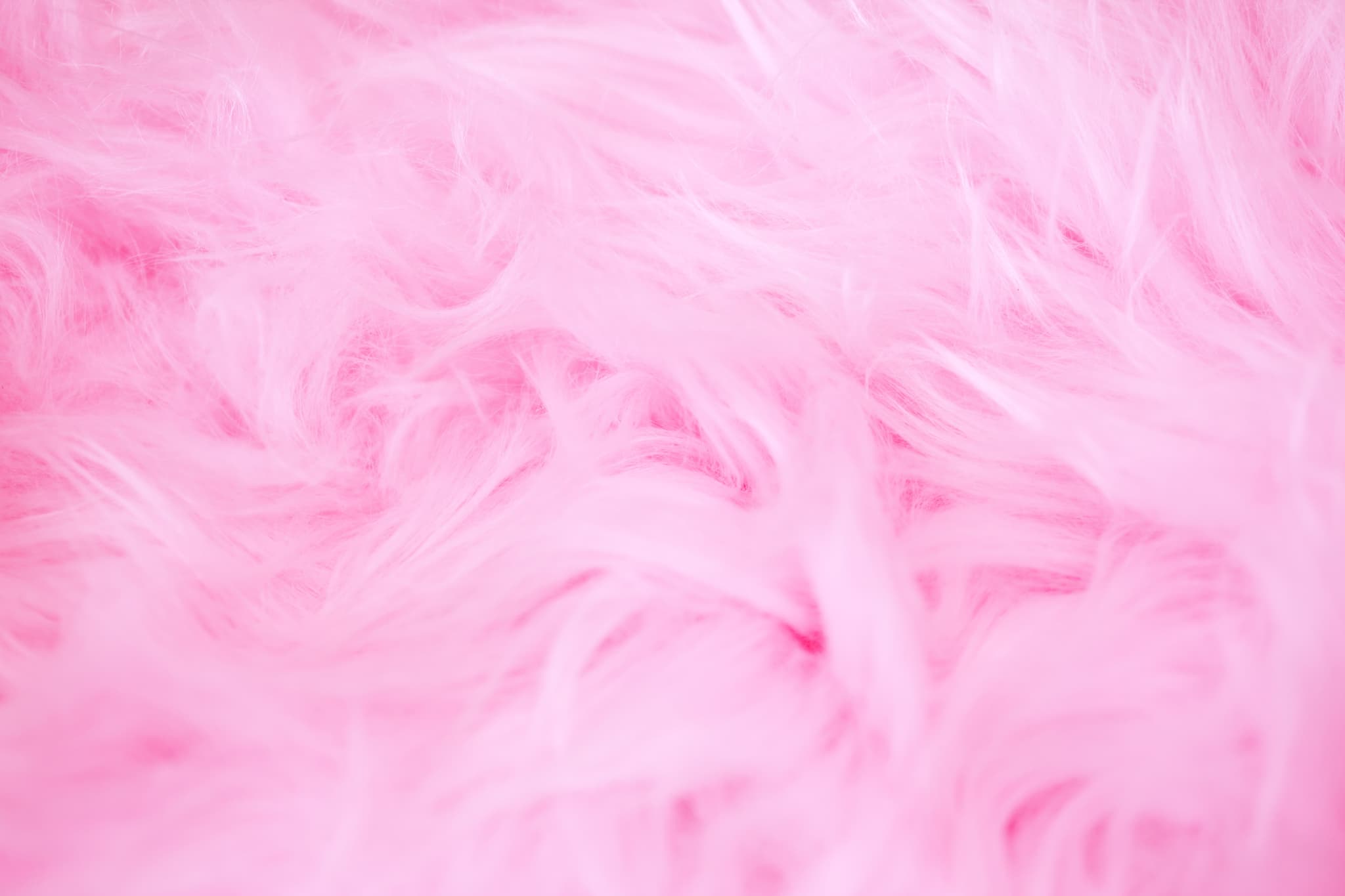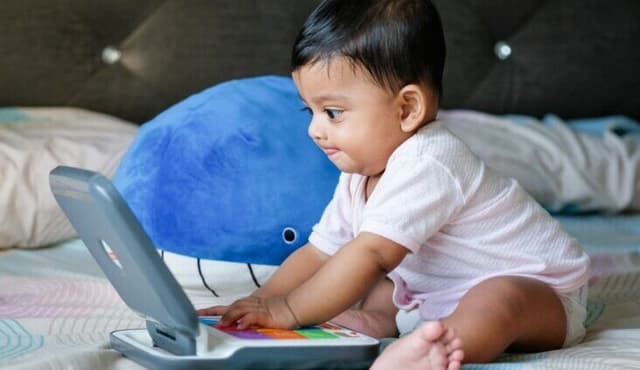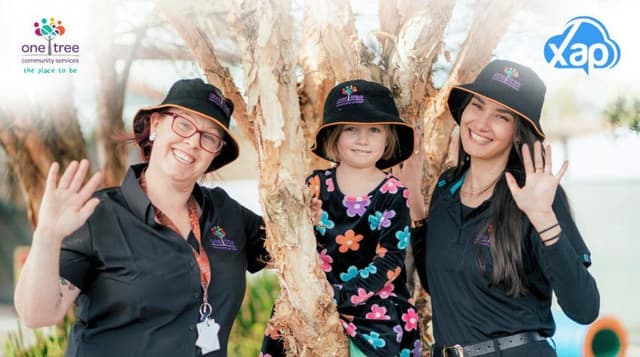Enterprise Solutions
Melbourne Museum champions sensory learning for under threes

Freya Lucas
Sep 13, 2019
Save
Melbourne Museum has launched a new sensory learning program designed for one to three-year-olds; Play Box, presented by Biostime.
The launch will be of interest to the early childhood education and care (ECEC) sector not only for the opportunity for Victorian based services to visit the space, but also for its role in highlighting the importance of designing purposeful learning spaces for children under three.Recognising the importance of play-based learning in a child's first 1000 days, the program will see various spaces within Melbourne Museum open an hour early Tuesday to Saturday, between 9am and 10am.
Rotating through different themes and spaces of Melbourne Museum on a seasonal basis, Play Box introduces one to three-year-olds to the museum with specific programming designed for their developmental age.
First in the Play Box: Dinosaurs! Taking place in the Dinosaur Walk space, toddlers will learn to roar and stomp like a dinosaur, build a dino nest for some precious eggs and get playful with some prehistoric puppets.
Museums Victoria CEO Lynley Crosswell said that young audiences will particularly appreciate having earlier access to the museum for the first time.
"We are thrilled to offer our youngest visitors new early learning experiences at Melbourne Museum with this special new program designed just for them. Play Box is a fun and enriching opportunity to ignite children’s curiosity and encourage them to experiment and connect with the world around them," she said.
With the understanding that a child's development is reliant on social transmission and that adults support and build on the learning of children, the Play Box program has been created specifically for children aged between one and three to experience the museum with their carers.
Applying elements of play-based learning, Play Box engages toddlers using constructive play, play responding to movement and sound, and developing fine motor skills with sensory elements.
Key areas include:
- Physical abilities – sensory, fine motor, gross motor
- Cognitive abilities – idea making, scientific concepts, language/literacy/ maths/numeracy
- Socio/emotional abilities
- Creativity and problem solving
Linda Sproul, Head of Education Experiences at Museums Victoria, said that sensory play is an important part of early childhood development, as children use their senses to explore the world around them which is linked to brain development.
"Children’s development requirements and interests evolve quite dramatically throughout their toddler years. Therefore, a range of engaging learning approaches and evidence-based program content has been developed to align within the scope of these very special first few years" she said.
Oliver Horn, Managing Director of Biostime in Australia, said the company shared Melbourne Museum's vision and focus on nurturing the learning and development of Australian children.
"We are very excited to partner with Melbourne Museum, enabling them to extend their opening hours and expand their offering for young children with this early learning program," he said.
Running for a twelve month period, Play Box launched in late August, with limited places meaning bookings are highly recommended. Admittance is included with museum entry. For more information, please see the museum website, here.
Don’t miss a thing
Related Articles



















